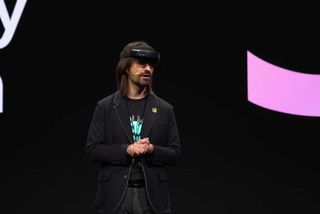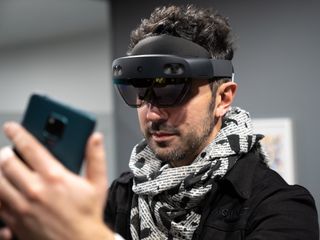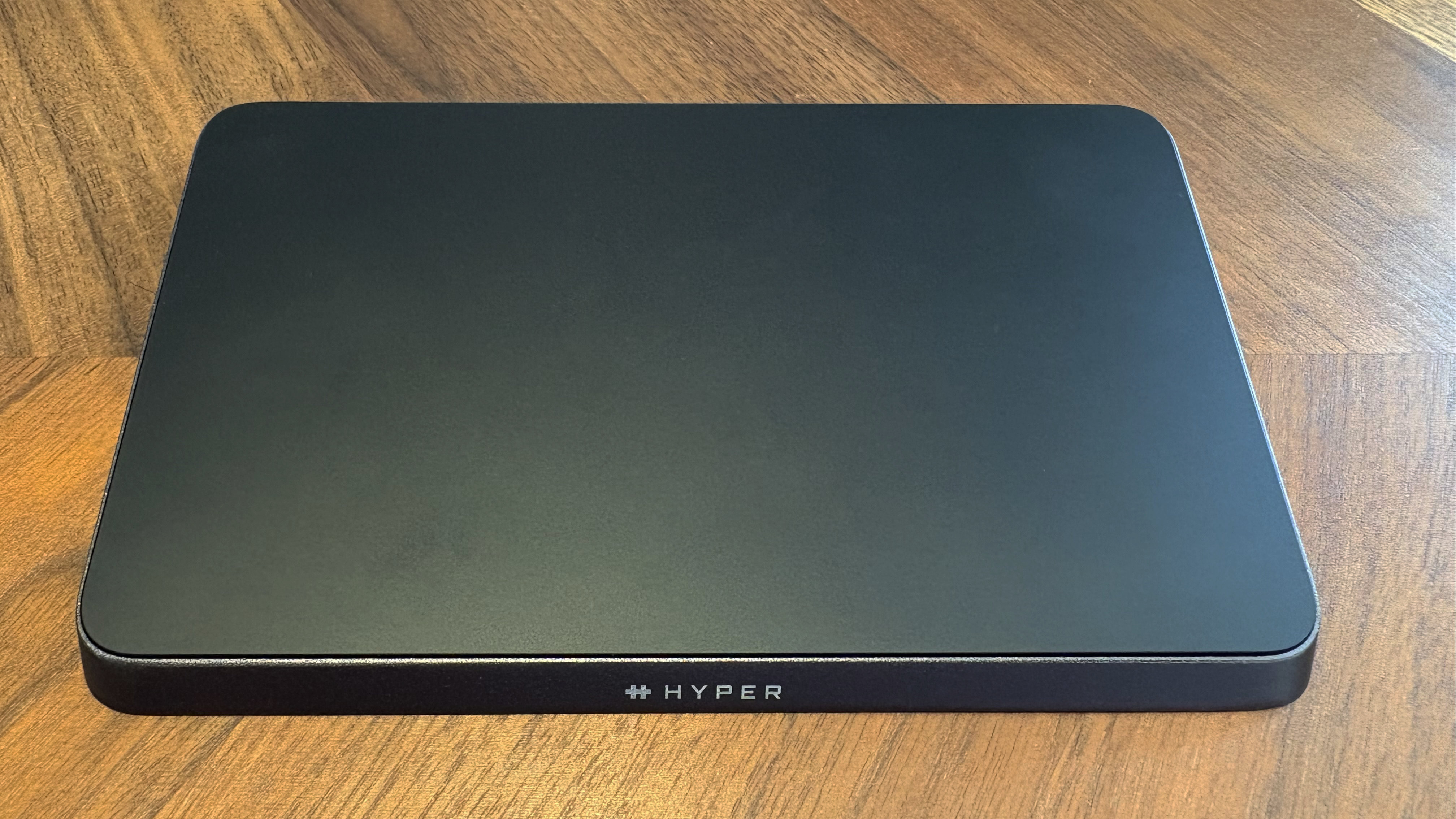Warditorial
Latest about Warditorial

How Microsoft and Steelcase are building the workplace millennials will love
By Jason Ward last updated
Millenials will comprise 40 percent of the workforce by 2020. So Microsoft and Steelcase are building workspaces that merge tech and design that these digital natives will love.
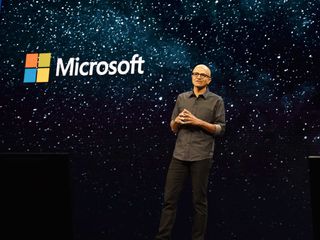
How Microsoft is helping other companies hire people with autism
By Jason Ward last updated
Microsoft's cross-platform cloud strategy and open source development strategy democratizes tech, while its Autism Hiring Program is democratizing empathy.
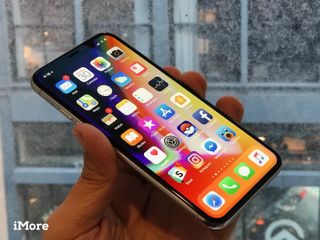
Windows phone refugees may not find asylum on iPhone
By Jason Ward last updated
Windows 10 Mobile's dying, and Android phones and iPhones are a Windows phone refugee's only real options. Here's why they may want to pass on the iPhone.
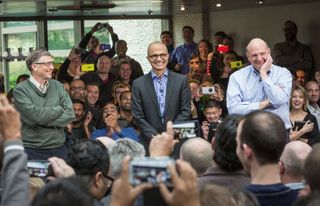
How Microsoft's technological and social impacts have changed the world
By Jason Ward last updated
Microsoft's is more than a tech company. It has had a profound global impact on cultures, communities, and governments around the world.

How and why Microsoft should bring a (telephony-enabled) Windows 10X device to our pockets
By Jason Ward published
I believe Microsoft is still pursuing its Pocket PC vision with plans to bring a Windows 10X-powered Surface Duo-like device to our pockets in the future. And building developer relationships through Android is key.

5 reasons why Surface Go is better than iPad for students (and 3 reasons it's not)
By Jason Ward published
Microsoft's pitting Surface Go against Apple's newest iPad in the education sector. Here are some pros and cons.

Microsoft's moral stance on facial recognition is good for everyone (especially Microsoft)
By Jason Ward published
Microsoft is making a bold ethical stand for the responsible use of facial recognition tech - but it's not all about being the "good guy."
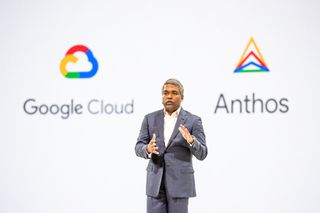
How Google is beating Microsoft in the cross-platform cloud
By Jason Ward published
Microsoft and Amazon are the world's leading cloud providers. Google's cross-platform, open source, hybrid cloud solution may have something to say about that.
All the latest news, reviews, and guides for Windows and Xbox diehards.
